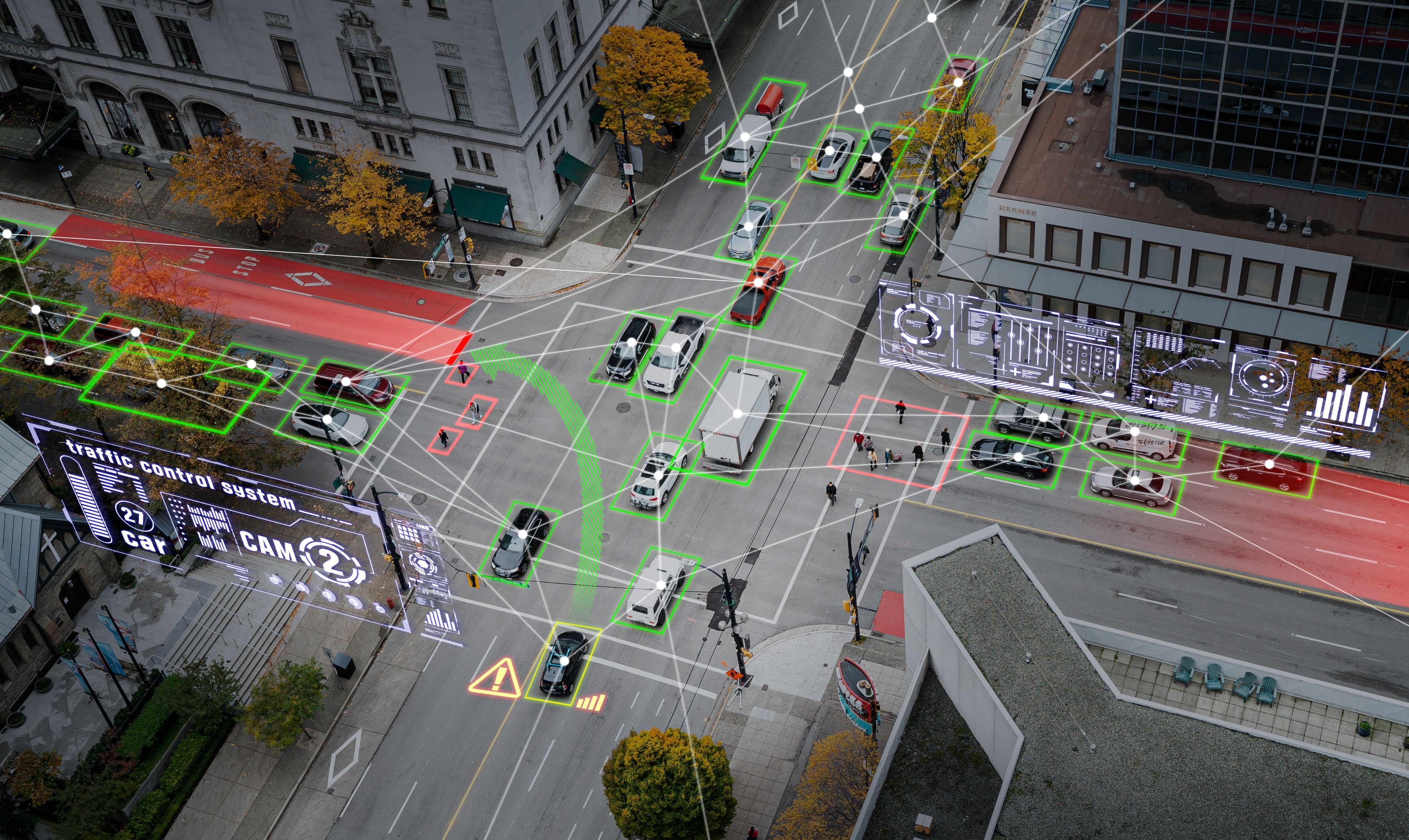Exploring Innovative Concepts in Real Estate
Introduction to Innovative Real Estate Concepts
The real estate industry is undergoing a transformation driven by technological advancements and changing consumer preferences. From smart homes to sustainable building practices, innovation is reshaping the way we interact with and perceive real estate. In this article, we'll delve into some of the most exciting concepts emerging in the sector today.
One of the most significant trends is the integration of technology into residential and commercial properties. With the rise of the Internet of Things (IoT), homes are becoming more connected and automated, offering unparalleled convenience and security to homeowners. This digital evolution is not only enhancing property value but also revolutionizing the way we live.

Sustainability and Green Building
As environmental concerns gain prominence, the real estate sector is increasingly focusing on sustainability. Green building practices are becoming standard, with developers opting for eco-friendly materials and energy-efficient designs. These initiatives not only reduce carbon footprints but also appeal to a growing segment of environmentally conscious buyers.
Sustainable buildings often incorporate features such as solar panels, rainwater harvesting systems, and energy-efficient appliances. These elements not only lower utility costs but also contribute to a healthier living environment. The future of real estate is green, and embracing these practices is essential for long-term success.

Co-Living and Shared Spaces
Another innovative concept gaining traction is co-living, a modern housing solution that appeals to millennials and young professionals. Co-living spaces offer residents a sense of community, shared amenities, and flexible leases, making them an attractive alternative to traditional rentals.
These spaces are designed to foster social interaction and collaboration, often featuring common areas such as kitchens, lounges, and workspaces. The rise of remote work has further fueled the demand for such arrangements, as individuals seek affordable housing options that also provide opportunities for networking and community building.

Virtual Reality in Property Viewing
Virtual reality (VR) is transforming the way properties are marketed and viewed. With VR technology, potential buyers can take immersive tours of homes from anywhere in the world, eliminating geographical barriers and saving time. This innovation is particularly beneficial in the luxury real estate market, where properties may be located across different continents.
The use of VR not only enhances the buyer's experience but also allows real estate agents to showcase properties more effectively. This technology provides a realistic sense of space and layout, enabling buyers to make informed decisions without physically visiting multiple locations.
The Rise of Smart Cities
Smart cities are an emerging concept that integrates advanced technology into urban planning to create more efficient and livable environments. These cities leverage data analytics, IoT devices, and sustainable infrastructure to improve residents' quality of life.
Smart cities focus on optimizing resources such as energy and water, enhancing transportation systems, and implementing intelligent waste management solutions. As urbanization continues to rise, smart city initiatives will play a crucial role in ensuring sustainable growth and development.

Conclusion: The Future of Real Estate
The real estate industry is at the forefront of innovation, with emerging concepts promising to reshape the sector in profound ways. From sustainability to smart technology, these trends are not just enhancing property values but also redefining our interactions with living spaces.
As we look to the future, embracing these innovations will be crucial for industry players aiming to stay competitive and relevant. The integration of technology and sustainability into real estate offers exciting possibilities for creating more efficient, enjoyable, and environmentally friendly living environments.
